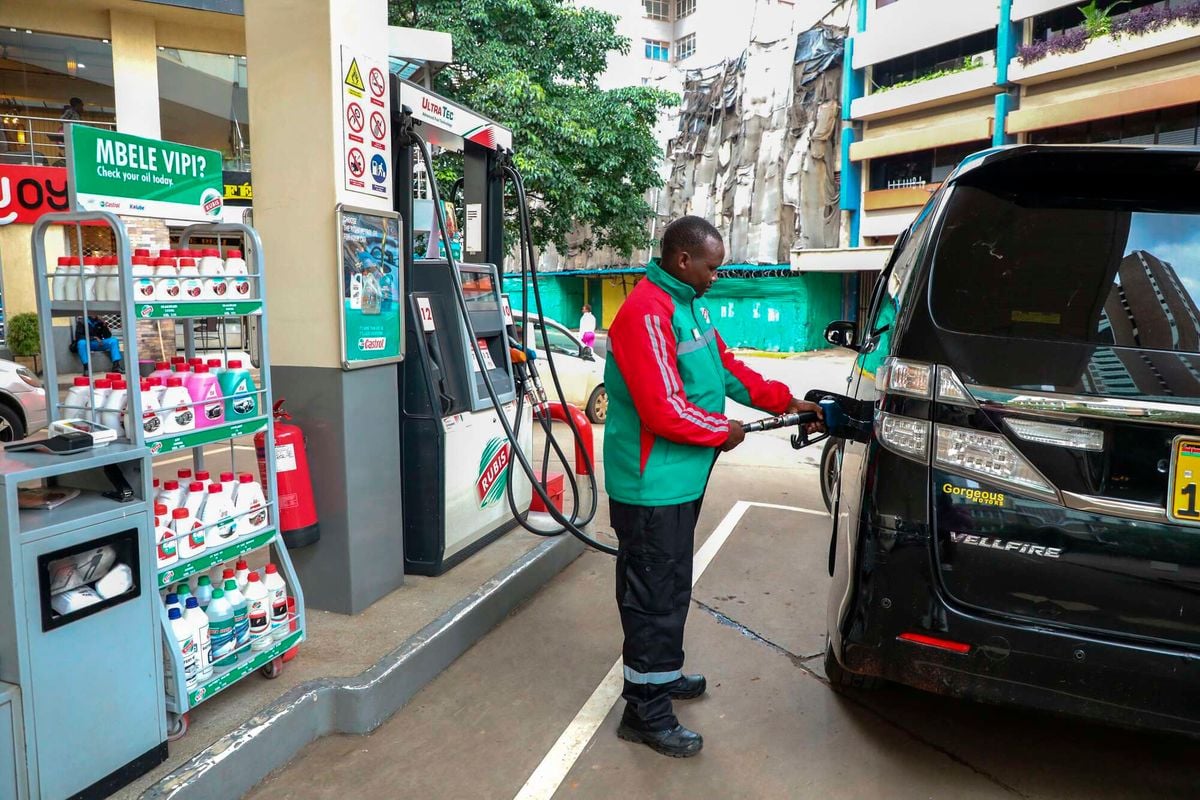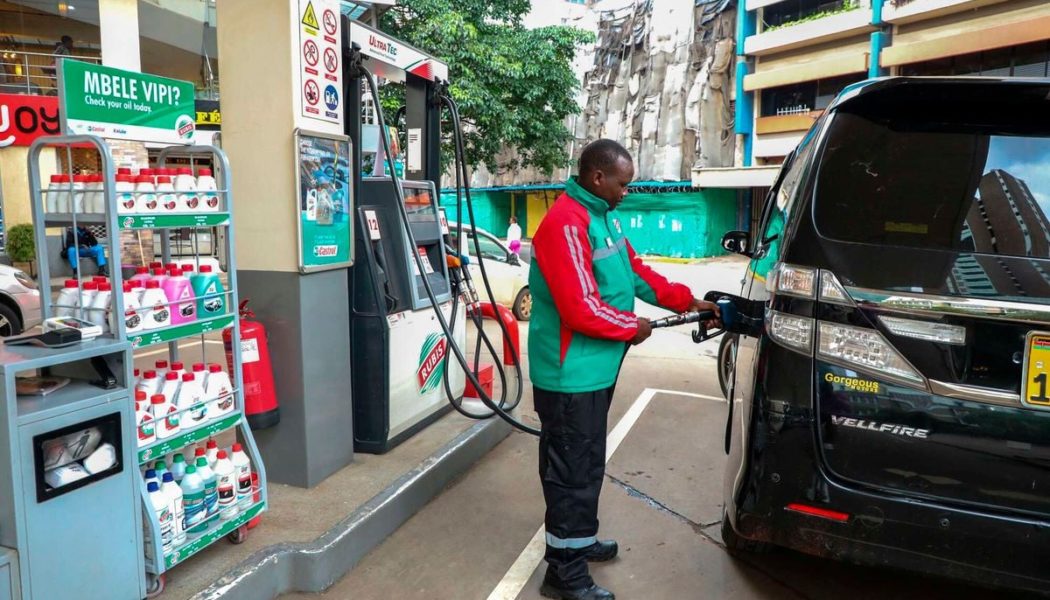
Oil marketer Rubis Energy Kenya retained 26.6 million euros (Sh4.6 billion) worth of pending fuel subsidy debt converted into government bonds by the end of December, new disclosures showed, signalling benefits from the papers.
The firm was among oil marketers who in June 2023 agreed to settle Sh45 billion worth of pending bills via swaps in a three-year Treasury bond.
T-bonds are government debt securities issued for specified periods and earn investors periodic interest until maturity, at which point the owner is also paid a par amount equal to the principal.
Bondholders have an option to exit before maturity through the Nairobi Securities Exchange.
“The change (advances made to certain distributors working for the group, security deposits provided for in certain long-term leases, and other security deposits) recorded during the period corresponds mainly to; the conversion into Treasury Bills of debt owed to the Kenyan Government by distribution entities based in Kenya for an amount of €26.6 million (Sh4.6 billion),” Rubis says in disclosures.
Rubis is the only oil marketer that has so far publicly disclosed the value of its bond holdings.
The State created a stabilisation fund in 2021 financed through a Sh5.40 levy collected on each litre of petrol and diesel and Sh0.40 for a similar volume of kerosene. The collections into the fund are then used to compensate oil marketing companies (OMCs) whenever oil prices surpass a threshold set by the Energy and Petroleum Regulatory Authority. This helps keep prices favourable to consumers.
The firm made the disclosures in a review of last year’s performance, with the conversion of the money into a Treasury bond hurting its cash flows in the Kenyan market.
The government converted Sh45 billion debt for fuel subsidy into a three-year bond in June last year, amid struggles to allocate money to pay the oil marketers.
Treasury floated the bond in two tranches with the first sale targeted to raise Sh17.5 billion attracting an interest rate of 14.22 percent.
Vivo Energy, a retailer of Shell-branded petroleum products disclosed that its receivables from the Government of Kenya stood at $120 million (Sh18.79 billion at the end of December).
Rubis is the third biggest oil marketer in Kenya with a market share of 14.05 percent behind TotalEnergies Marketing Kenya at 14.88 percent and Vivo at 22.1 percent.
The three oil firms account for the lion’s share of the bonds given that they are the three biggest sellers of fuel in Kenya.
The Treasury floated the bond as a last-ditch plan to settle the billions of shillings that it owed oil marketers for the fuel subsidy scheme that was rolled out in April 2021.
Conversion of the arrears into a bond came despite protests by a section of oil marketers amid biting cash-flow hitches that forced them to increase borrowings.
Kenya scrapped the subsidy scheme last year, sending pump prices to record highs and prompting the introduction of a cross-subsidy in a bid to lower prices of diesel – the driver of the Kenyan economy.
The National Treasury was forced to split the bond into two tranches amid a thinning fiscal space in the financial year that ended June 2023.
Oil marketers had pocketed Sh124.07 between April 2021 and June last year, highlighting the burden of subsiding pump prices.









